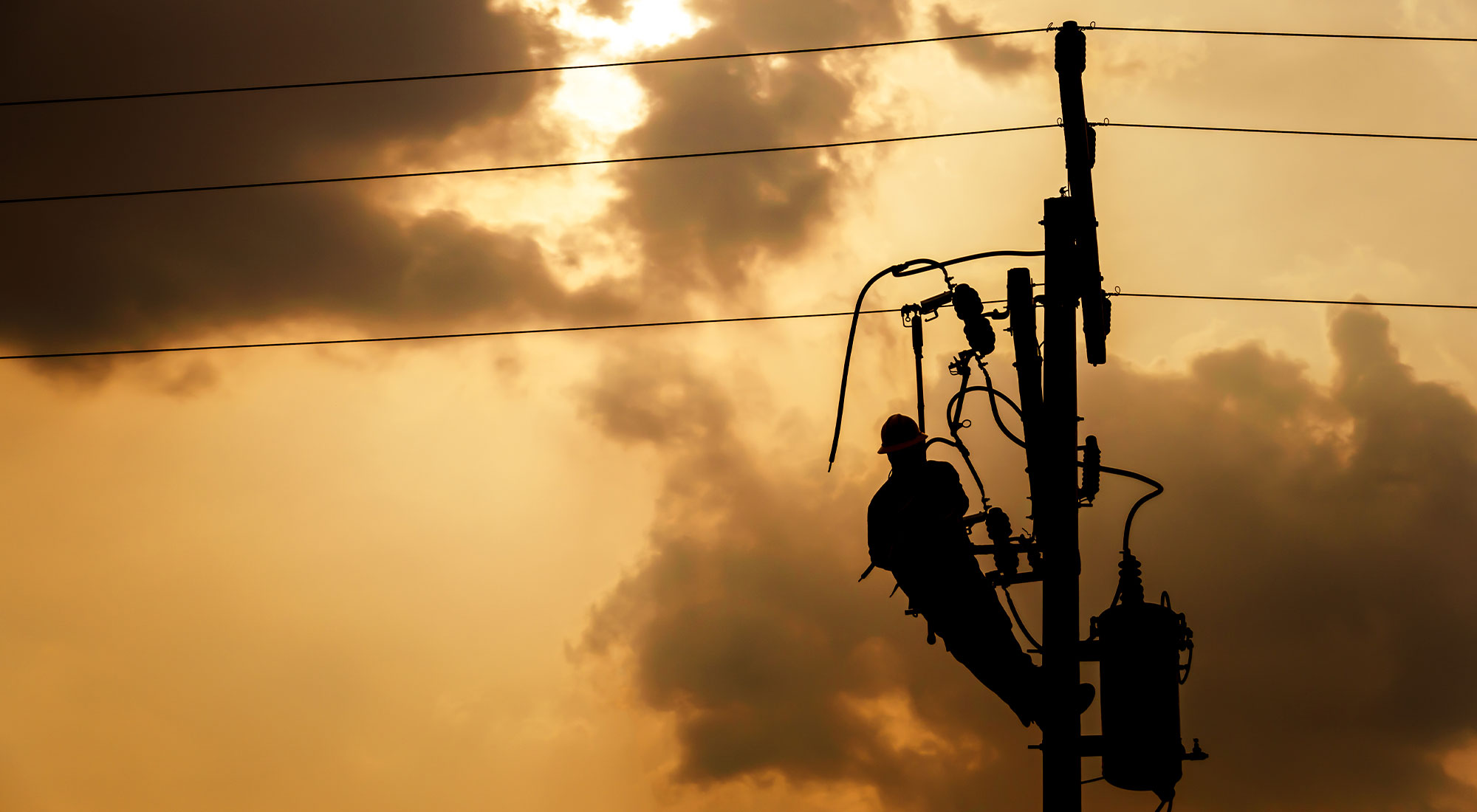
Winter is officially here! If you live in the northeast U.S., snowstorms are likely headed your way. Though they can be magical and exciting, they can lead to power and other outages. If temperatures are cold enough, these situations can quickly become very dangerous, sometimes lasting days or longer.
Outages can affect not only you and your family but entire communities. They can disrupt communication, water availability, and transportation; close businesses like grocery stores, gas stations, banks, and more; cause food and water contamination; and prevent the use of medical devices or medicine refrigeration. Be prepared by knowing what to do before, during, and after you experience an outage.
Before
Prepping before an outage can put you ahead when one does happen. Here’s how you can prepare:
- Pay attention to electricity-reliant items. Make a list of essential items in your home that require electricity, then plan for an alternate source. Make sure flashlights have fresh batteries, and you have extra batteries in the house. Keep a portable charger for your cell phone to make phone calls. Use a generator for cooking, medical devices, or medicine refrigeration. Remember: Never use a generator indoors.
- Stock up on nonperishables. Make sure you have at least two weeks’ worth of nonperishable foods, which don’t require refrigeration and have a long shelf life. Some examples include dried fruits, nuts, canned beans and vegetables, canned fish and poultry, rice, granola, protein bars, soup, jerky, and shelf-stable milk.
- Get bottled water. If there’s a city-wide outage, your water supply may be interrupted or contaminated. Keep a stock of bottled water in case of emergencies.
- Talk to your doctor: Seek medical advice to make a power outage plan if you use refrigerated medication or a medical device that relies on electricity. Outline what to do and how long medications can be stored at higher temperatures.
- Sign up for local alerts. When there’s an outage, you won’t be able to watch the news or access the internet. Your local news station should have an SMS (text) alert system that updates you on weather conditions and important information.
- Place thermometers. Put a thermometer in your refrigerator and freezer so you can see the true temperature. Hence, you know when to throw away food.
- Install carbon monoxide detectors with battery backup. You should have carbon monoxide detectors on every level of your home. Test them monthly.
- Prepare or restock your emergency kit: Make sure you have first aid supplies, cash, batteries, and a flashlight on hand and in one place.
During
If an outage occurs, stay calm. Follow this checklist:
- Keep refrigeration closed. Cold air escapes every time you open the refrigerator or freezer door. Following an outage, your refrigerator will keep food cool for about four hours, while a full freezer will stay cold for about 48 hours. If necessary, use a cooler with ice.
- Maintain a normal body temperature. If the outage occurs in the winter, make sure to layer up. Put on gloves, a coat, and multiple layers of socks. Alternatively, if the outage occurs in the summer, do what you can to keep cool, like moving to the lowest level of your home and wearing lightweight, light-colored clothing. If the outage is prolonged, go to a community center that has power if the heat or cold is extreme.
- Disconnect appliances. During outages, there are sometimes power surges, which can damage or ruin electronics. Disconnect any appliances or devices connected to power.
- Avoid carbon monoxide poisoning. Always use a generator, camp stove, or charcoal grill outdoors, never indoors, and at least 20 feet away from any windows. Never use a gas stovetop or oven to heat your home. Find more information on generator safety here.
- Check on your neighbors. Older adults and young children are especially sensitive to extreme temperatures. If you can do so safely, check on them and help where needed.
After
Once the power returns, here are a few things to keep in mind:
- When in doubt, throw it out. Using the thermometer you placed in your refrigerator and freezer before the outage, check the temperature. If any food is 40° F or above, or has an unusual odor, color, or texture, throw it away.
- Contact your doctor. Ask about your medications to confirm if they spoiled.
- Stay away from power lines. Stay at least 35 feet away from any downed power lines or anything they touch. Call 911 to alert them.
- Restock your emergency kit. Replace any batteries, medical supplies, or other items you may have used during the outage.
At UGI EnergyLink, your safety is our priority. If you have any questions about electricity or power usage, please contact us.